





Hcl commerce to Unas
Migrating your store from Hcl commerce to Unas might seem daunting, but with proper planning and the right tools, it's a smooth process. Follow this step-by-step guide to ensure a successful transition.
Schedule a call
Step-by-Step Migration Guide: HCL Commerce to Unas migration guide
Step 1: Pre-Migration Assessment
In this step, we conduct a thorough assessment of your existing HCL Commerce setup to identify data, functionalities, and potential challenges that could arise during the migration to Unas.
Step 2: Data Backup and Preparation
This step involves creating a complete backup of your HCL Commerce data and preparing it for migration, ensuring no data is lost during the process.
Step 3: Setting Up the Unas Environment
In this step, we configure the Unas environment according to your business needs, including selecting the right plan and customizing initial settings.
Step 4: Data Migration Process
This critical step involves transferring data from HCL Commerce to Unas, ensuring that all necessary data is accurately migrated without loss.
Step 5: Functionality Testing
Testing the migrated functionalities ensures that everything operates as intended on Unas, minimizing the chances of issues after launch.
Step 6: Launching the Unas Store
This step involves the final preparations before officially launching your Unas store, ensuring all systems are go for a smooth transition.
Step 7: Post-Migration Support and Optimization
After the launch, we provide ongoing support and optimization to ensure your Unas store operates efficiently and effectively.
Power Your Step - Get in Touch
Ready to transition to Unas? Contact PowerCommerce for expert support in your migration journey.
Step 1: Pre-Migration Assessment
Objective: The first step in the migration process involves conducting a comprehensive pre-migration assessment. This includes an in-depth evaluation of your current HCL Commerce environment, helping us understand the existing infrastructure, data types, and specific functionalities that need to be migrated. A successful assessment sets the foundation for a smooth transition to Unas.
During this phase, we aim to address several critical aspects:
- Data Inventory: Identify and categorize all data types that exist within your HCL Commerce platform, including products, customers, orders, and any custom attributes.
- Functional Requirements: Determine which functionalities are currently used and how they will translate to Unas. This includes reviewing any custom plugins or integrations that are part of your current setup.
- Performance Metrics: Analyze the performance of your current site to set benchmarks for the new platform, including load times and user engagement statistics.
- Compliance and Security: Review data privacy laws and security protocols that need to be adhered to during the migration process.
Once the assessment is complete, we will compile a detailed report outlining the migration strategy, potential risks, and the overall project timeline.
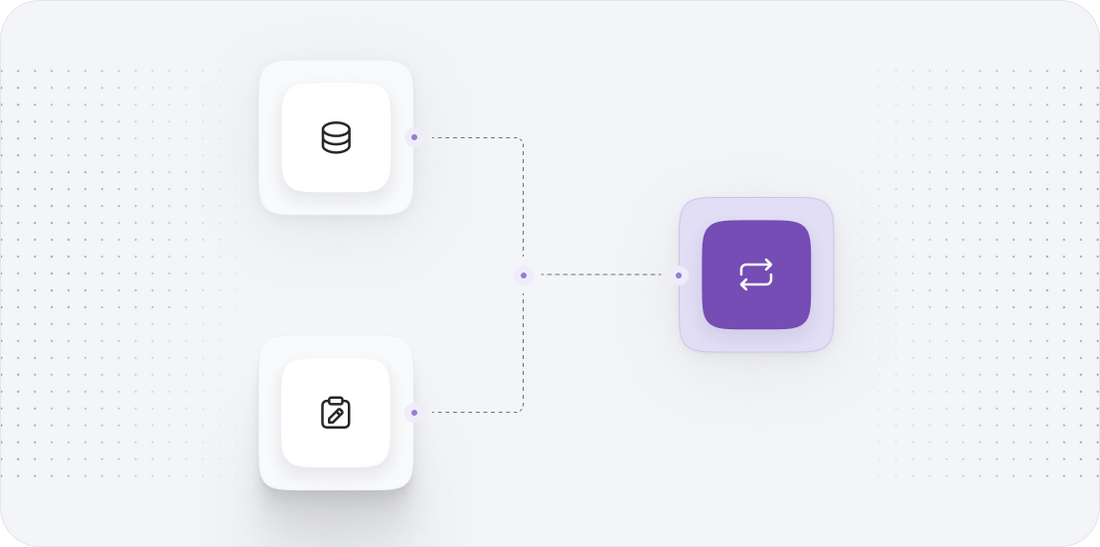
Step 2: Data Backup and Preparation
Objective: Before initiating the migration, it is imperative to secure all your existing data from HCL Commerce. This step minimizes the risk of data loss and ensures that you have a fallback option in case of any unforeseen issues.
The data backup process includes:
- Database Backup: Utilize the built-in database management tools to generate a full backup of your HCL Commerce database. This should include all tables, stored procedures, and other database objects.
- File Backup: Ensure that all media files, product images, and any uploaded documents are securely backed up. This can be done via FTP or through your hosting provider's file management system.
- Configuration Files: Backup configuration files that affect your site's functionality, including custom settings and third-party integrations.
Once backups are confirmed, we will verify the integrity of the data and prepare necessary scripts for migration.

Step 3: Setting Up the Unas Environment
Objective: The next step is to set up your new Unas environment. This involves selecting the appropriate subscription plan and customizing the initial settings to align with your business requirements.
The setup process includes the following actions:
- Selecting a Plan: Choose the Unas plan that best fits your business size and expectations, considering factors like transaction volume and required features.
- Configuring Basic Settings: Set up essential configurations, such as store name, currency, tax settings, and shipping options.
- Customizing Themes: Select a theme that represents your brand identity and customize it using Unas's drag-and-drop editor to fit your aesthetic preferences.
After the environment is set up, we will also integrate necessary payment gateways and ensure that the site is ready to accept transactions.
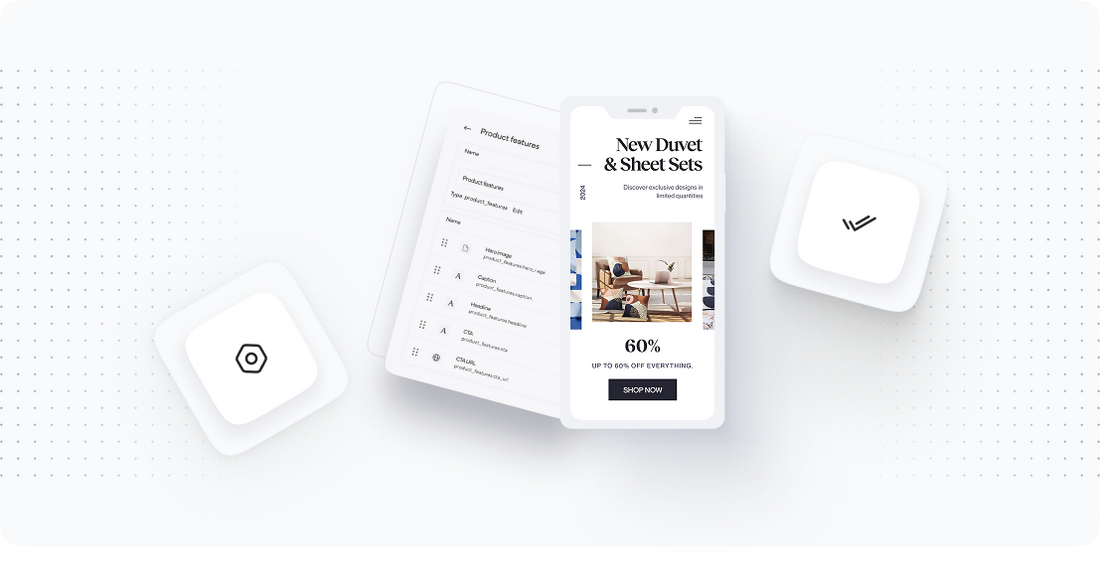
Step 4: Data Migration Process
Objective: The data migration process is central to the transition. It involves transferring all relevant data from HCL Commerce to the newly set up Unas environment.
Key sub-steps in this process include:
- Data Mapping: Define how data fields in HCL Commerce correlate with those in Unas. This is crucial for ensuring that all product, customer, and order data is accurately migrated.
- Data Transfer: Using migration scripts or tools, initiate the transfer of data to Unas. This includes using CSV files or direct database connections, depending on the size and complexity of your data.
- Validation: After migration, validate that all data has been transferred correctly. This might involve running spot checks or using automated validation scripts to ensure data integrity.
Upon successful migration, we will also ensure that all links and references are updated to point to the new Unas environment.
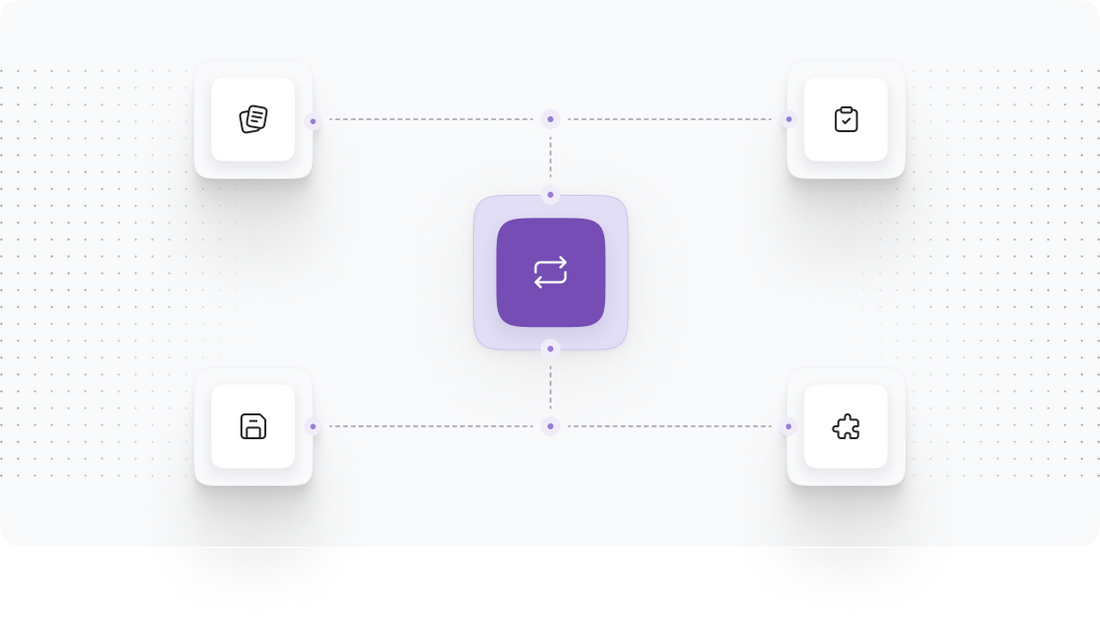
Step 5: Functionality Testing
Objective: After migrating data, it is essential to thoroughly test all functionalities of your Unas site to ensure everything works seamlessly.
The testing process involves:
- User Acceptance Testing (UAT): Involve key stakeholders to test various functionalities, including product browsing, search capabilities, cart operations, and checkout processes.
- Performance Testing: Assess loading times and responsiveness under different conditions. This will help identify any potential bottlenecks in the new environment.
- Integration Testing: Check the integration of third-party apps and services to ensure they are functioning correctly with the Unas platform.
All identified issues should be documented and resolved before proceeding to the final launch.
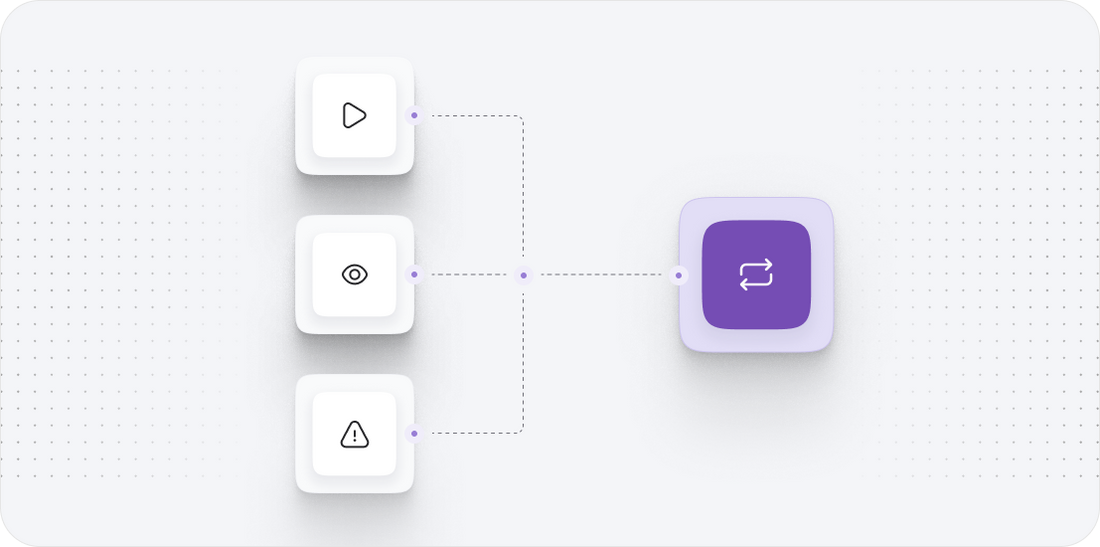
Step 6: Launching the Unas Store
Objective: With successful testing complete, we are ready to launch the Unas store. This step involves several final preparations to ensure a smooth transition.
The launch process includes the following:
- Final Data Sync: Perform a last synchronization of any new data (orders, customer changes) that may have occurred during the testing phase.
- Go Live Checklist: Review a checklist to ensure all settings are configured correctly, including payment gateways, shipping methods, and tax settings.
- Soft Launch: Consider doing a soft launch to a limited audience to monitor performance and gather initial feedback.
Once the soft launch is validated, we will proceed with the full-scale launch to all customers.
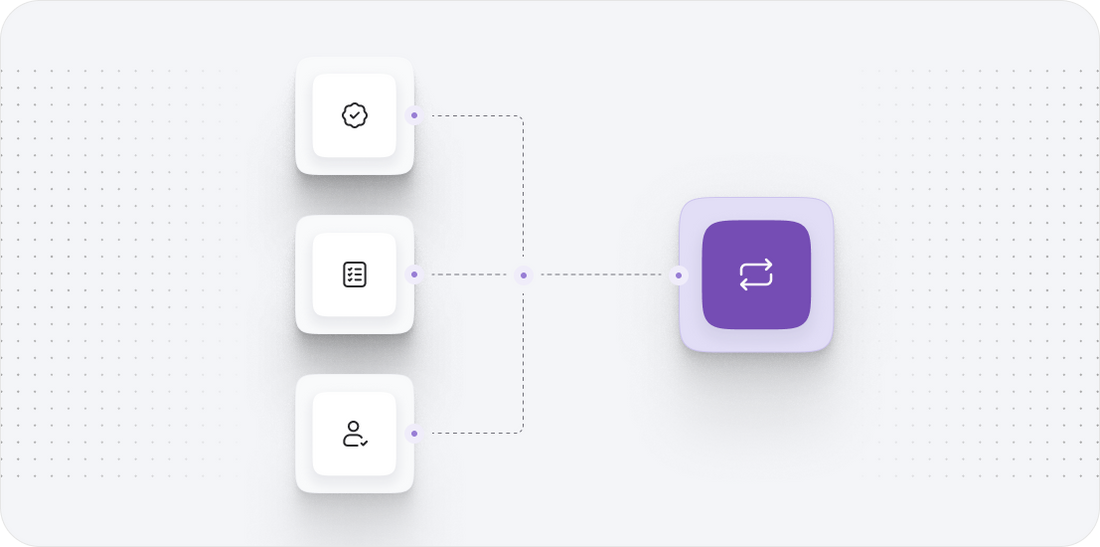
Step 7: Post-Migration Support and Optimization
Objective: The final step in the migration process involves providing post-launch support and optimizing the Unas store to ensure it meets your business goals.
Key actions in this phase include:
- Monitoring Performance: Continuously track the site’s performance, looking at metrics such as traffic, conversion rates, and user feedback.
- Optimization: Based on the collected data, implement optimization strategies to improve user experience, such as enhancing site speed or refining the checkout process.
- Customer Support: Establish a system for ongoing customer support to address any issues or queries from users post-launch.
This phase is crucial for ensuring the long-term success of your ecommerce operations on Unas.
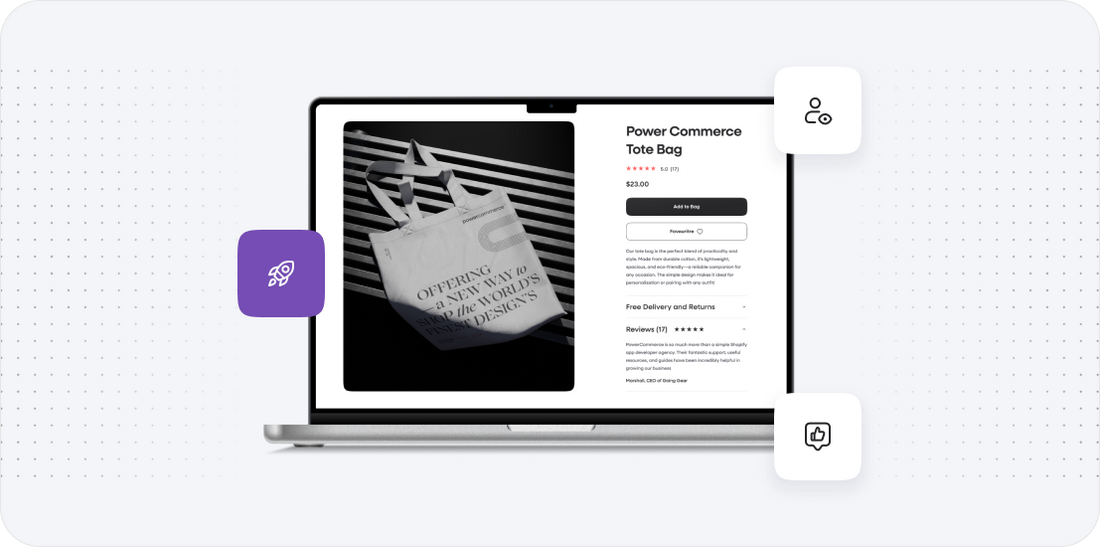
Power Your Step - Get in Touch
Power Your Step - Get in Touch
Are you ready to power your ecommerce journey with Unas? At PowerCommerce, we specialize in seamless migrations from HCL Commerce to Unas, ensuring that your transition is smooth and efficient. With our dedicated team of experts, we are committed to providing you with the support you need at every step of the process.
Contact us today to discuss your migration needs and explore how we can help:
- Visit our contact page.
- Call us at 800-099-9090.
- Email us at info@powercommerce.com.
Let’s work together to drive your ecommerce success!
Stay aligned on what's happening in the commerce world
Trusted by 1000+ innovative companies worldwide
Schedule Your Migration Today
For businesses prioritizing simplicity, scalability, and robust support, Shopify is the clear winner.
Looking to migrate without hassle? Power Commerce can handle the entire process, ensuring smooth data transfer, store setup, and post-launch success.
Marka Marulića 2, Sarajevo, 71000 BiH
00387 60 345 5801
info@powercommerce.com


